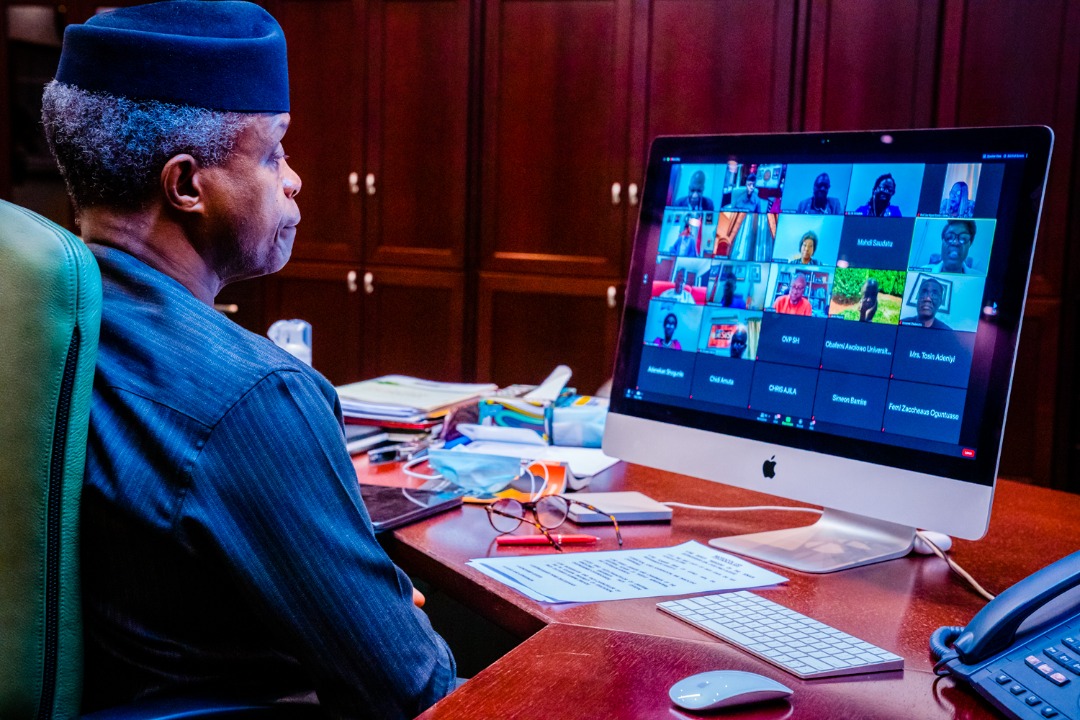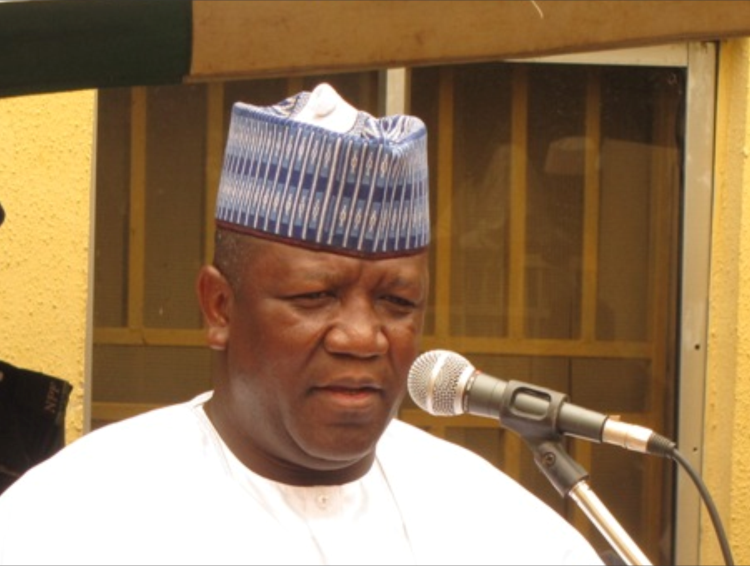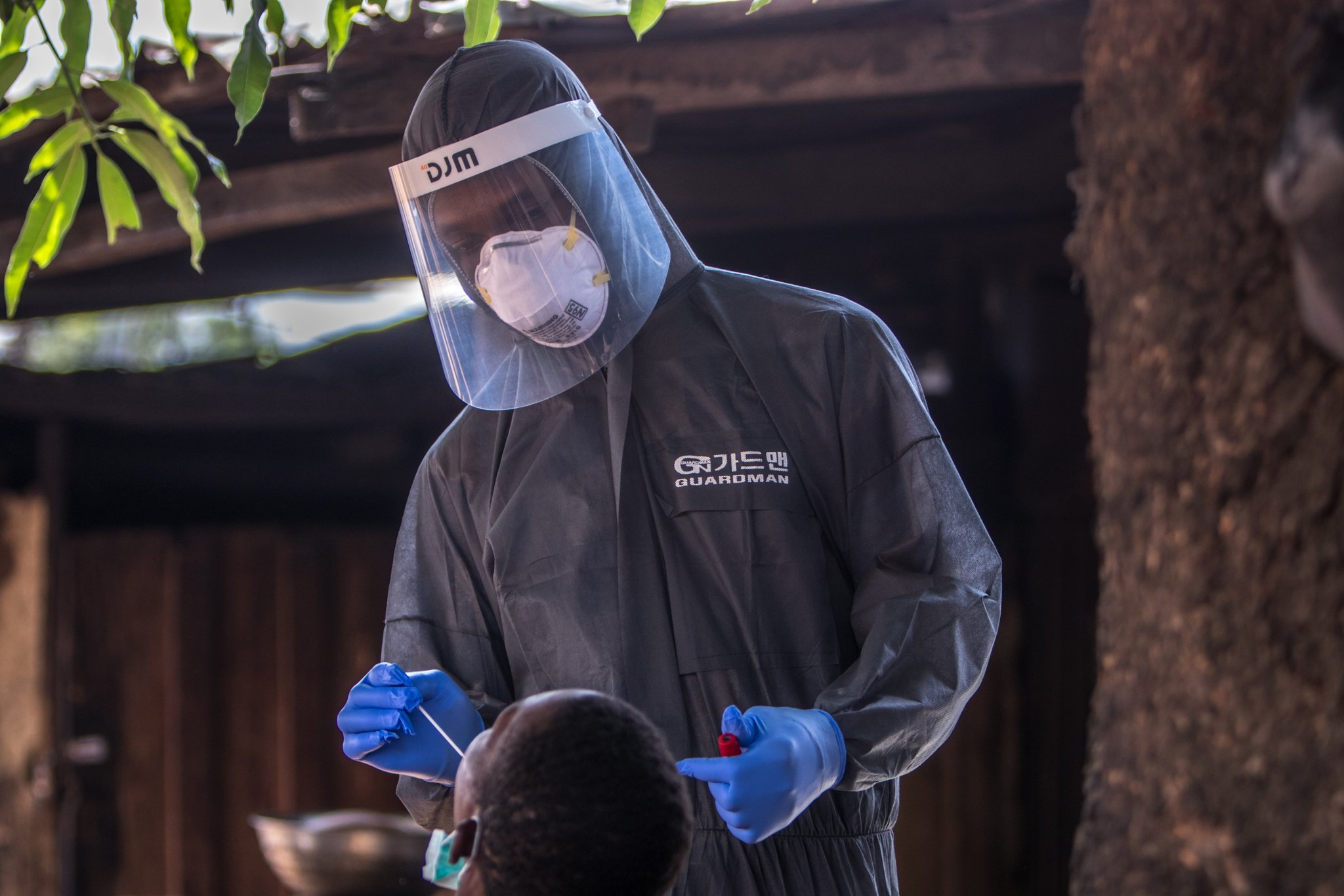Vice President Yemi Osinbajo says the notion that victims of sexual harassment somehow encourage the crime must be discouraged.
Speaking on Wednesday during a webinar on anti-sexual harassment themed “Finding Safe Spaces for Female Students in Nigerian Universities”, organised by the Obafemi Awolowo University, Ile Ife, he urged universities to ensure clearly-defined ethical guidelines for activities involving lecturers and students.
The event was based on the book, “Naked Abuse: Sex for Grades in African Universities”, authored by Olusegun Adeniyi, chairman of THISDAY editorial board.
In a statement by Laolu Akande, spokesman to the vice president, Osinbajo said there is no excuse for rape or other forms of sexual harassment.
Advertisement
“The victim must always be seen as the victim. There cannot be an excuse, especially given the power configuration between students and lecturers, that the victim could have somehow invited the abuse upon themselves. I think it is an important consideration to be made and we must not allow that notion to persist,” he was quoted as saying.
“There is also the comparison sometimes made between demanding bribes for service and sex for grades. Sometimes people will argue that a bribe is a bribe and there is no reason why the punishment for sex as the currency of the bribe, should be stricter than an ordinary bribe.
“To ensure that both faculty and students are sufficiently clear about the issues and rules, there is a need for a code of conduct or ethical guidelines based on best practices in appropriate student/lecturer interactions.
Advertisement
“It is important that these are clearly defined in ethical guidelines that are contained in some documents that people can refer to and see. It is important both for the lecturer and the student that there is some reference to some code of conduct.”
Citing concerns about under-reporting of sexual assault in universities, the vice president emphasised the need for institutions to ensure secure environments for victims to feel safe enough to share their experiences.
“There are obviously many cases of people who share their anecdotal experiences without necessarily reporting to the authorities. I think the answer is clearly that this low reportability is on account of the fact that many victims do not feel confident that they will get redress, or that they will be treated fairly or that they will not be visited with the same fearful consequences that were the subject of the demand in the first place,” he said.
“[There is] the fear that they will neither get a sympathetic nor understanding hearing, let alone justice, and that they will end up suffering the same consequences the predator had threatened would occur if they did not submit to their demands. Then there is, of course, the shame and stigma that could attend speaking up.
Advertisement
“I think that in ensuring that we create safe spaces, we must do at least the basics, which is providing the support and resources they need to report abusers. Every institution must make it easy for victims or potential victims to report perpetrators to trusted formal structures or secure channels created specifically for the purpose of resolving such cases.”
Add a comment






